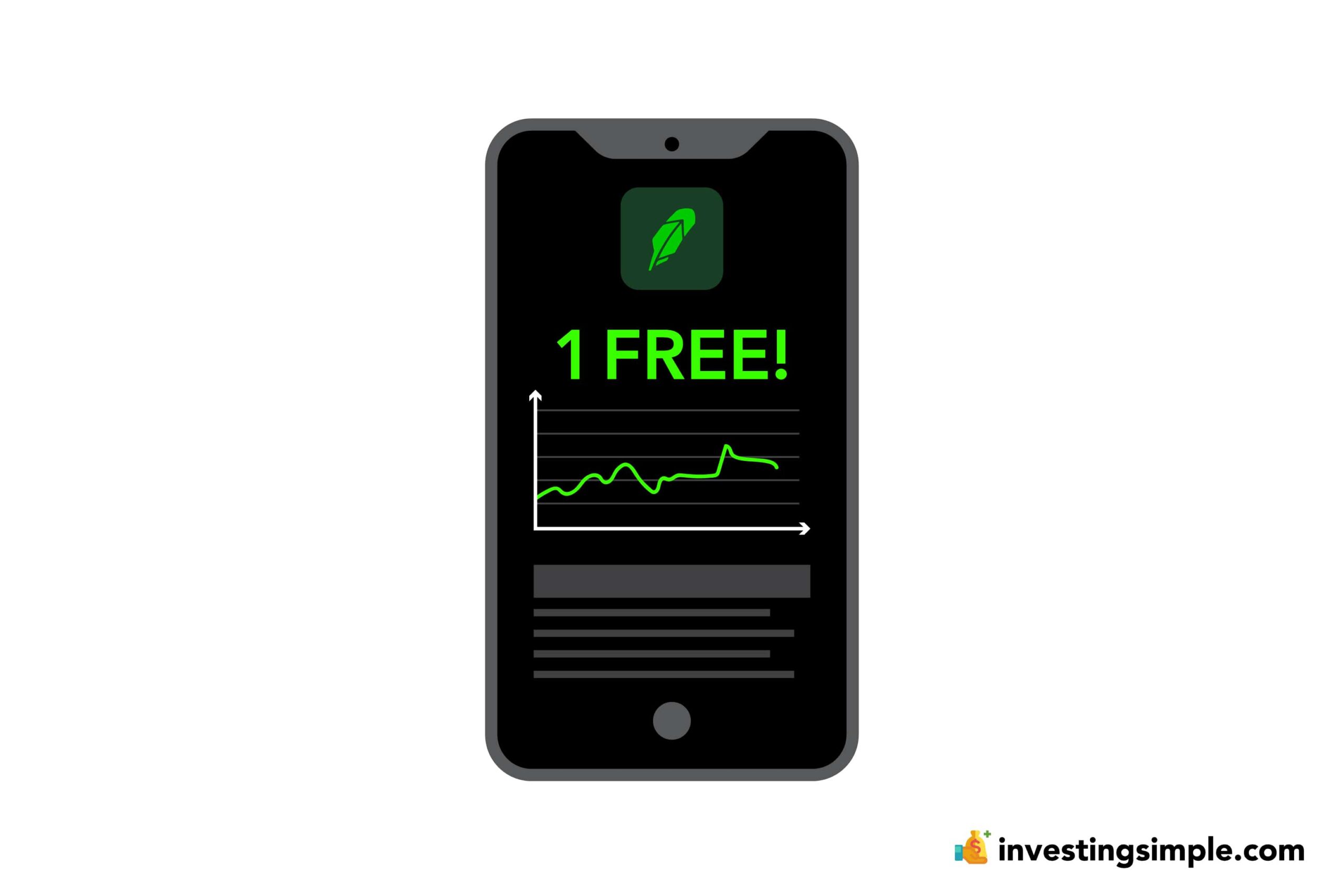





Are you looking to kickstart your investment journey without spending a dime upfront?
Robinhood, a popular online brokerage platform, offers a free stock promotion that lets you do just that.
Here's a brief overview of how it works.
Robinhood offers new users a completely free fractional share worth between $5 and $200.
Sign up with the above button to get your free fractional share today!
To get started, you'll need to open an account with Robinhood.
Once you're approved, you're on your way to claiming your free stock.
However, it's important to note that there are certain limitations that apply, so be sure to read the terms and conditions.
Once your account is set up and linked to your bank account or debit card, you'll receive a specified random dollar amount as a reward.
With this reward, you have the exciting opportunity to pick a gift stock from a list of 20 of America's leading companies. These companies are carefully selected based on their market capitalization within their respective sectors.
You can use this reward to claim a fractional share of a stock.
If you're not familiar with fractional shares, it's essentially owning pieces or fractions of whole shares of a company.
Robinhood allows you to use the cash value of your free stock reward to invest in fractional shares of one of the 20 companies offered.
You're allowed to sell your gift stock three trading days after claiming it.
Once you've sold it, you're free to use the proceeds from the sale to invest in other stocks of your choice.
However, if you wish to withdraw the proceeds in cash, there's a catch.
To withdraw the cash proceeds from your gift stock, you must keep the cash value of that stock in your Robinhood account for at least 30 days after claiming it.
After this 30-day period, there are no restrictions on withdrawing the proceeds.
For example, if you receive $10 worth of stock and sell it, you won't be able to withdraw that $10 until 30 days have passed.
Each person is only eligible to open 1 Robinhood account, so you are only able to earn 1 free stock.
In summary, Robinhood's free stock promotion is an opportunity to start investing with a complimentary gift stock.
Robinhood also offers a 1% IRA Match, which you can read about here.
Keep in mind the restrictions on selling and withdrawing your rewards, but with some patience, you can kickstart your investment journey without any initial capital.
If you are looking for other promotions, check out our list of the best free stock promotions here, updated monthly!